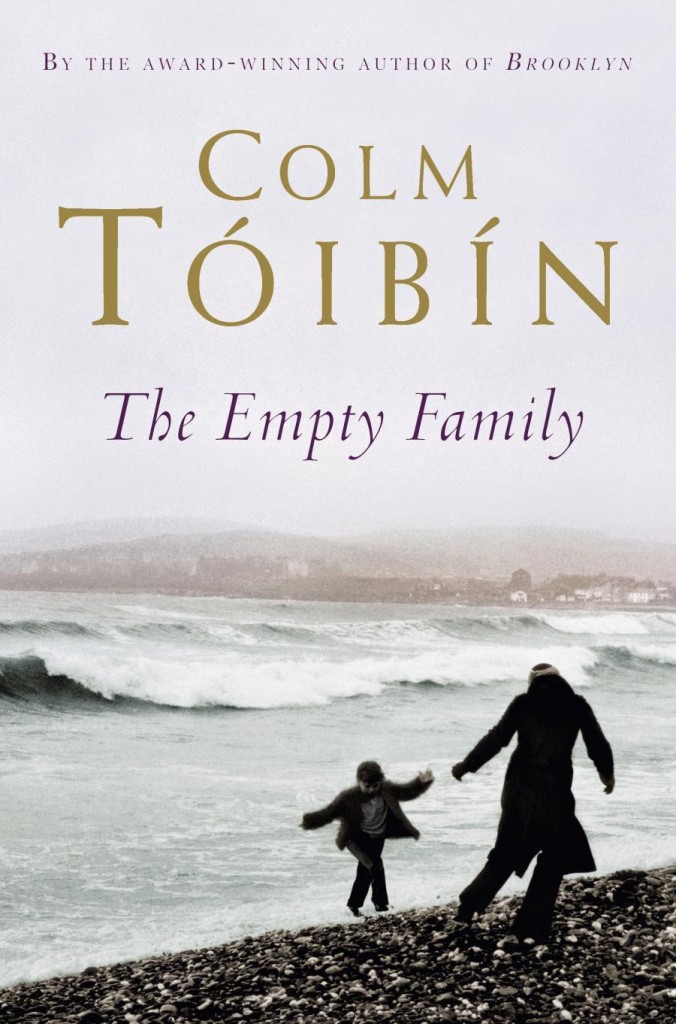Books & Culture
What Comes After Loss

Colm Tóibín
Scribner
275 pages / $24
What is emptiness? Merriam-Webster defines it as the state of lacking reality, substance, meaning, or value. As a psychological condition, it is characterized by feelings of depression, alienation, and apathy; it is sometimes part of the grief that follows loss. Emptiness is also a translation of the Sanskrit word śūnyatā, which Buddhists believe is the underlying condition of earthly phenomena: nothing possesses an inherent, lasting identity. If everything is change, there is no essence and nothing to hold onto.
Many of the nine stories in Colm Tóibín’s exquisite new collection — set in 19th-century London, more-or-less present-day Ireland, Texas, and Spain — occupy themselves with what follows loss. The stark beauty of these stories comes partially from how little Tóibín’s characters seek to hide from the emptiness they experience. In the title story, the narrator addresses a former lover upon returning to a family home on the Irish coast after a long absence. The narrator, whose gender remains ambiguous, visits the ex-lover’s brother and becomes fascinated with watching offshore waves through his telescope. The narrator remarks, “The wave I had watched was as capable of love as we are in our lives.”
The grim satisfaction some of Tóibín’s characters find in solitude and self-sufficiency is all the more moving because it fails to be entirely convincing. In “Two Women,” Frances Rossiter, an acclaimed set designer approaching eighty, arrives in her native Ireland for a shoot. In Dublin, she is haunted by memories of her former lover, an Irish actor whom she never saw in their home country. Though this relationship forms the emotional backdrop of the story, Frances has put her career before everything and Tóibín honors her choice, showing us the precision and focus Frances brings to her work so that our admiration for her grit sits alongside our awareness of her mostly buried grief.
In “One Minus One,” another story addressed to a past lover that shares the elegiac quality of The Empty Family, the narrator, an Irish academic whose work has brought him to Texas, recounts his mother’s death on its sixth anniversary. This is a story about two losses, both of which the narrator is seeing anew. He longs to call his former lover but will not, because it is the middle of the night in Ireland, and because he feels he has used up his right to call. The simplicity of Tóibín’s language can be deceptive in that it may occasionally seem a little familiar. Yet this understated prose heightens the resonance of the characters’ moments of revelation. “I wish,” this narrator imagines saying to his ex, “that I had not called you all those other times when I did not need to as much as I do now.”
What solace there is in Tóibín’s world is tempered at best, and found in unlikely places. In “The Street,” the last and longest story in the collection, Malik, a Pakistani living in Barcelona, begins a shy love affair with Abdul, another man in the group of Pakistani nationals who live together and work for the same thuggish boss. Not surprisingly, the men are made to suffer for their love, but the path they forge towards contentment is less predictable.
–Joanna Cantor is a writer, teacher, and editor living in Fort Greene, New York.









